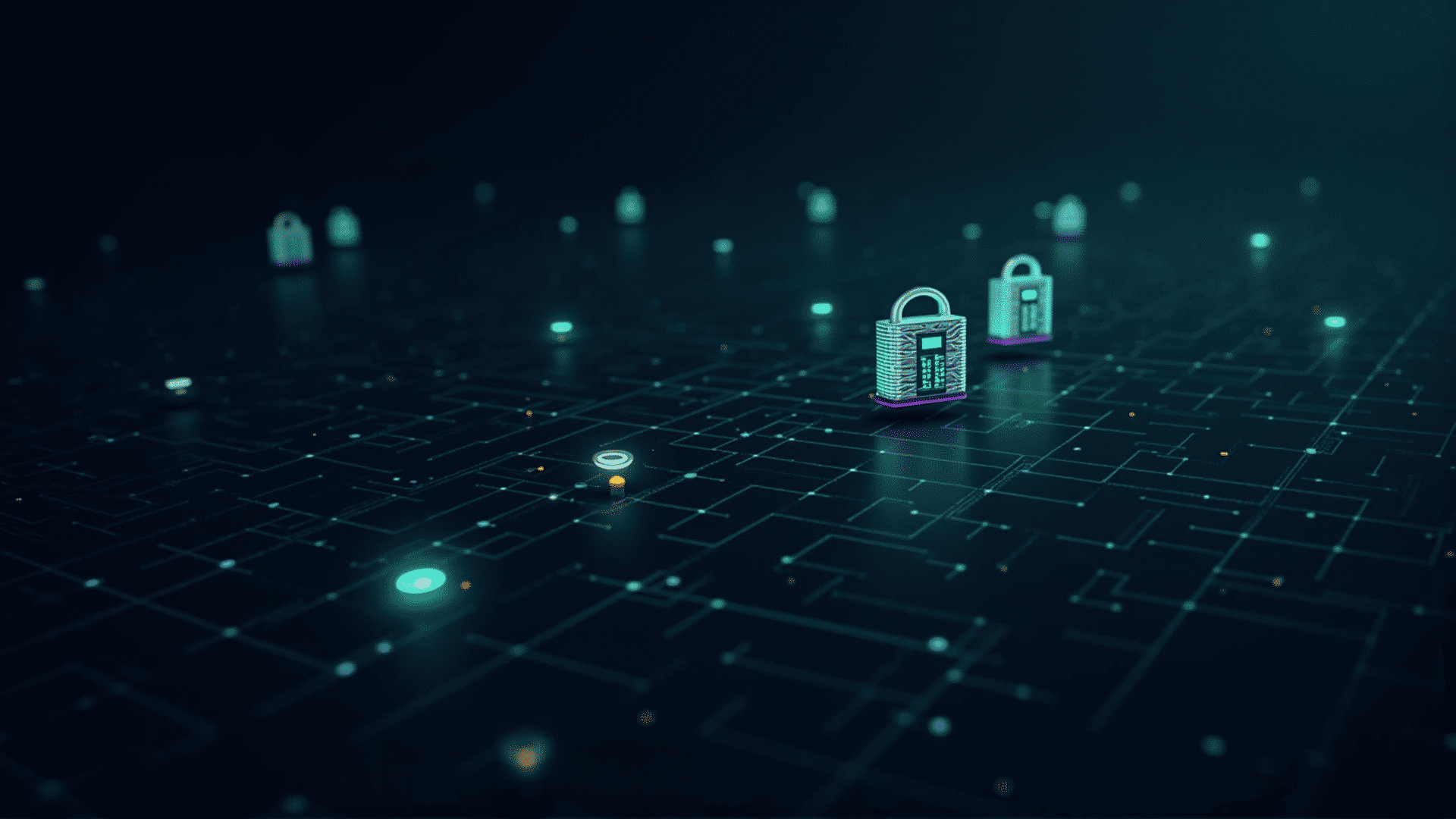In an era where information breaches have become a common concern, the quest for secure communication has never been more critical. A cutting-edge solution to this pressing issue lies in quantum cryptography, a technology that promises to revolutionize how we safeguard our data.
Quantum cryptography leverages the principles of quantum mechanics to create cryptographic protocols that are practically unbreakable. At its core is the concept of quantum key distribution (QKD), a method that uses quantum bits or qubits to establish a secure communication channel. Unlike classical bits, which can be either 0 or 1, qubits can exist in multiple states simultaneously thanks to a phenomenon known as superposition. This ability allows QKD to provide a level of security unattainable by conventional methods.
One of the standout features of this technology is its ability to detect any attempt at interception. This is due to another quantum principle known as entanglement. When two qubits are entangled, the state of one instantaneously influences the state of the other, regardless of distance. In the context of QKD, this means that any intrusion by an eavesdropper would inevitably alter the state of the qubits, alerting the communicating parties to the breach and allowing them to take immediate action to secure the channel.
Moreover, the security advantage of quantum cryptography is not just theoretical. Several real-world tests have demonstrated its practicality. Governments and companies worldwide are already exploring how to integrate these systems into their existing infrastructure. For instance, some countries have successfully deployed QKD for securing communications between crucial government edifices and in the financial sector, demonstrating the technology’s readiness for deployment.
However, as with any emerging technology, there are challenges to overcome. The current limitation in transmitting qubits over long distances without degradation poses a significant hurdle. Fortunately, researchers are actively working on solutions such as quantum repeaters that could bolster the range and reliability of quantum communication.
Aside from technical challenges, integrating quantum cryptography into current systems requires considerable economic and political coordination. Despite these obstacles, the potential benefits of incredibly secure communication make these efforts worthwhile.
Quantum cryptography represents a paradigm shift in the realm of data protection. As research progresses and technology matures, it is poised to become the cornerstone of secure communication in the digital age, safeguarding sensitive information against the evolving landscape of cyber threats. This breakthrough holds immense promise for the future, ensuring that as our reliance on digital communication grows, so does our ability to protect it.
